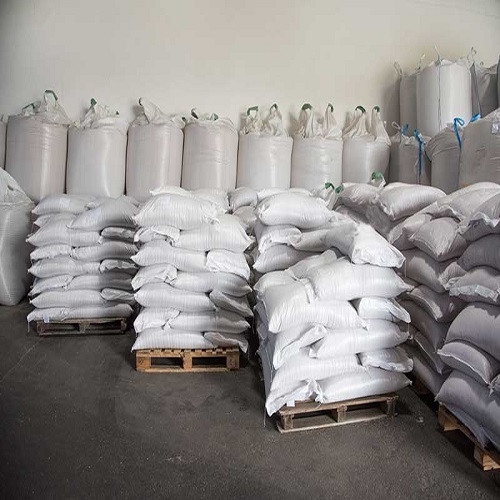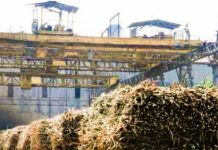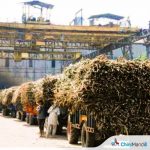Sugar prices are increasing in Nepal, raising concerns about artificial inflation and exorbitant profits for mills, according to consumer rights activists, reported Kathmandu Post.
Sugar prices in Nepal continue to rise at retail levels despite the ongoing sugarcane crushing season, prompting concerns from consumer rights activists who allege artificial inflation, allowing mills to profit excessively. The retail price has surged by Rs15 per kg, reaching Rs100 per kg in the market.
In Nepal’s southern Tarai plains, the sugarcane crushing season typically begins in mid-October or November and extends until mid-April. However, consumer advocates argue that the current retail price in the Kathmandu Valley, at Rs100 per kg, exceeds the reasonable limit of Rs85 per kg, with domestic sugar producers unilaterally increasing prices.
Prem Lal Maharjan, president of the National Consumer Forum, criticizes the sugar producers for violating existing laws and expresses dismay at the government’s lack of intervention, suggesting a failure to maintain good governance.
On February 8, the consumer forum wrote to the government, urging the storage of at least 50,000 tonnes of sugar to avert potential shortages. Maharjan mentions assurances from the industry minister, indicating a commitment to addressing the issue seriously.
Traders report rampant sugar smuggling from the southern neighbor due to price differentials, with sugar mills selling wholesale at Rs93 per kg. Consumer rights activists raise concerns about unjustified price hikes by domestic sugar mills, advocating for government intervention and the purchase and storage of 50,000 tonnes of sugar to prevent shortages and price hikes.
The current situation underscores the government’s failure to maintain sufficient stock for market intervention, according to Maharjan. Despite adequate sugar availability during the ongoing sugar-crushing season, he notes the irony of sugar producers benefiting from government incentives and subsidies while causing difficulties for farmers and consumers.
India’s sugar export ban, extended until October 31, 2023, resulted in scarcity and price hikes during festivals in Nepal. The government entity, Salt Trading Corporation, raised prices to Rs115.50 per kg from Rs97 per kg.
On November 2, 2023, New Delhi permitted the export of 25,000 tonnes of sugar on a quota basis, but traders cite high prices quoted by the Indian government-allocated agency, hindering government-to-government arrangements. Plans to source sugar from other countries, including rival Pakistan, have not materialized.
Nepal faces an annual sugar deficit of approximately 100,000 tonnes out of its 270,000-tonne requirement. The private sector and sometimes state-owned companies fulfill this deficit through imports worth nearly Rs3 billion annually. The country’s sugar production has declined from 155,000 tonnes to 120,000 tonnes, attributed to sugar mill owners’ delayed payments to sugarcane growers.












